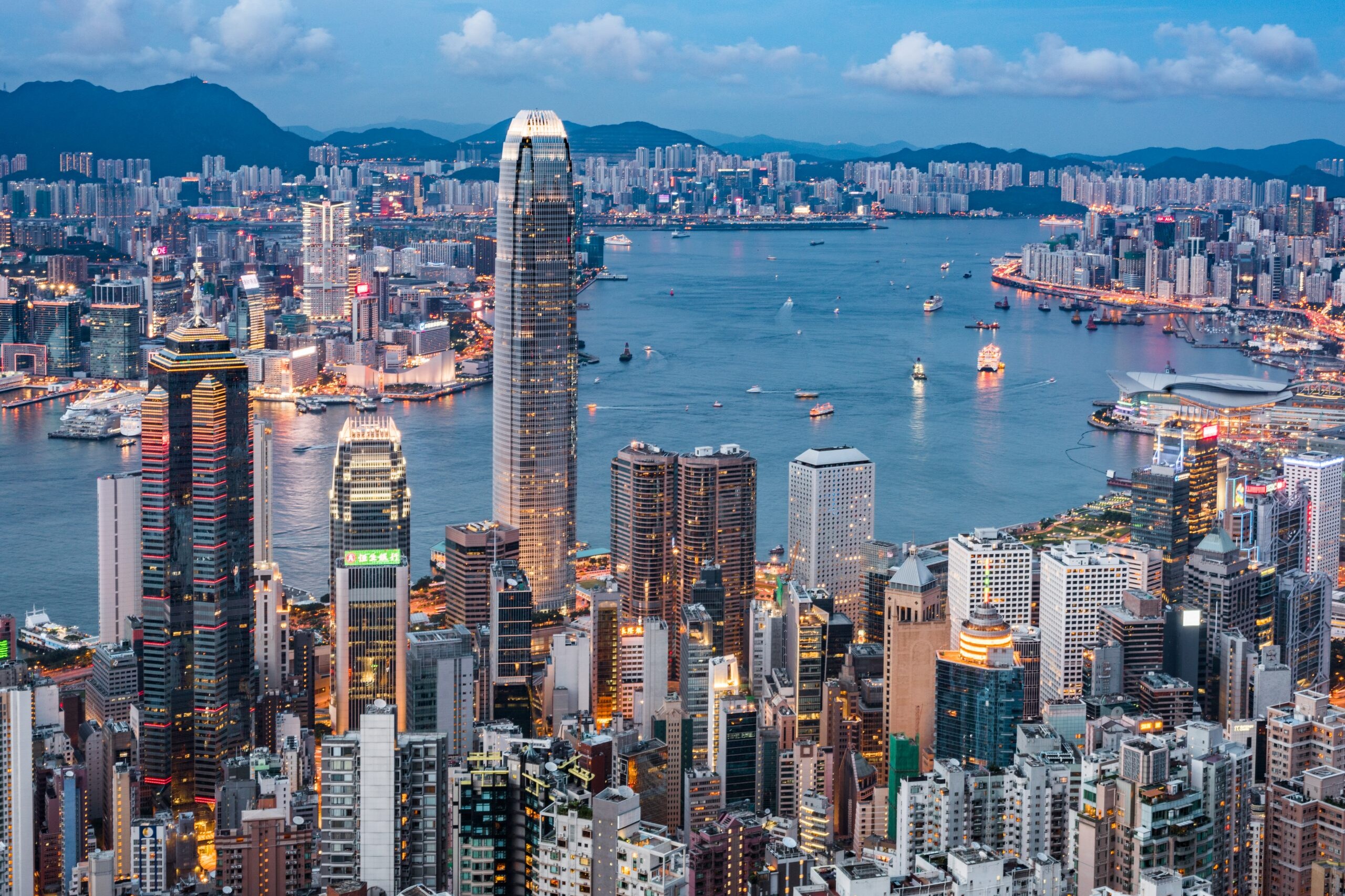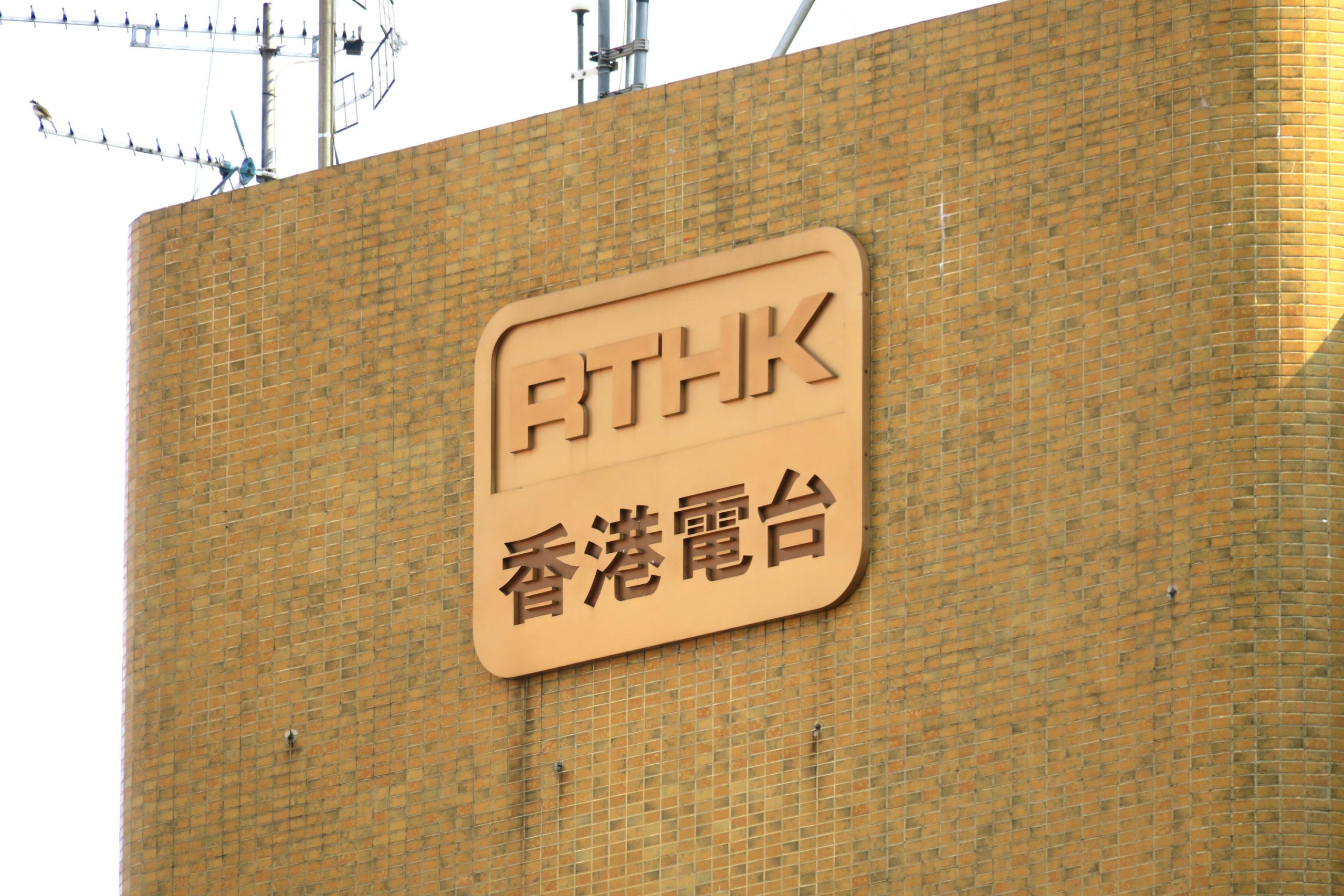A newly passed film censorship bill is the latest threat to freedom of expression in Hong Kong. It joins a host of other changes affecting civil society and media in the Special Administrative Region (SAR).
On 27 October, Hong Kong’s existing film censorship law was “toughened” – the Legislative Council (LegCo) passed an amendment to allow the banning of films deemed to be in violation of national security interests. Local government officials said the law targets content that “endorse, support, glorify, encourage and incite activities that might endanger national security.” As a result, when assessing the potential impact of a film, censors will now consider national security. Furthermore, the vetting period has been extended from two weeks to as much as 28 days.
The law is not limited to future film projects – authorities can also revoke films that have already been greenlit for screening. Films found to be in contravention of the law will have their licences revoked while the punishment for showing unapproved films has been raised to three years in prison and fines of up to HK$1 million.
Lawmakers have further urged the government to extend the censorship law to online videos, RTHK reports. However, an extension to online content would require comprehensive feasibility studies, Commerce Minister Edward Yau said.
“We hope the bill will commence as soon as possible, to enhance the film censorship system and to plug the loopholes. If we are to add online regulation, it’d go beyond the original intent of the ordinance, not to mention the technological and enforcement considerations,” Yau said.
The updated law has understandably drawn concern. Self-censorship, especially in the media industry, has become more widespread since the passage of the National Security Law (NSL) in June 2020. Ever since, there have been clampdowns on news outlets resulting in shutdowns and arrests. It is feared this amendment could drive the same self-censorship in the film community.
Kenny Ng Kwok-kwan, an Associate Professor at Baptist University’s Academy of Film, foresees politically sensitive films, or those critical of Hong Kong society, would be adapted to the law rather than face the risk of violating it. He further said that existing films may avoid screening in the city or edit out scenes to fit within censorship limits.
In other news
More broadly, life in Hong Kong has drastically changed since the NSL – said to target secession, subversion, terrorism, and collusion with foreign forces – was introduced. The Public Media Alliance (PMA) has frequently reported on how public media and independent media have been negatively impacted over the past 16 months. We have been particularly concerned with the decline of the once independent public broadcaster RTHK and we have seen how the guise of “national security” has been used to limit critical and dissenting voices. Throughout the city, an environment where citizens struggle to access trusted, independent, and reliable voices, opinions, and forums has pervaded.
In this roundup, we look at some other recent changes in Hong Kong.
» Amnesty International to shutter HK offices → After more than 40 years in Hong Kong, the human rights organisation Amnesty International announced in late October that it would be closing its Hong Kong offices amid growing restrictions related to the NSL. According to Anjhula Mya Singh Bais, Amnesty’s board chairperson, the decision to fully exit Hong Kong by the end of 2021 was “driven by [the city’s] national security law, which has made it effectively impossible for human rights organisations in Hong Kong to work freely and without fear of serious reprisals from the government.” Amnesty’s announcement follows on from recent changes in civil society, including the closures of unions, political parties, and rights groups such as the Civil Human Rights Front (CHRF).
» Macau news outlet closes → A digital news outlet in Macau has announced that it will close amid “unprecedented environmental changes”. Macau Concealers – a news outlet that had operated for 16 years in the Special Administrative Region of China which neighbours Hong Kong – also cited “scant resources” behind its decision to cease operations. “For a long time, Macau Concealers has fulfilled its duties under the values of freedom of the press, presenting the different faces of Macau,” the outlet said in a statement. Macau Concealers shuttered almost immediately, removing its social media accounts and website. The outlet was backed by a pro-democracy Macanese party but lost significant funding when a party member was disqualified from the legislature, former Deputy Director, Roy Choi, said.
» Applications to universities’ journalism programmes see decline → South China Morning Post (SCMP) reports that the number of applicants for journalism programmes at publicly-funded schools has seen a drastic decline. One popular institution, the University of Hong Kong, received only half of the number of applications in 2020 than it received five years ago. Ronson Chan, Head of the Hong Kong Journalists Association (HKJA) said that being a journalist in Hong Kong comes with risks and he noted the arrests of staff from the now defunct Apple Daily under the NSL. “The social and political environment does not encourage the development of journalism,” Chan said.
» New database access rules put journalists at risk → Two registries have announced tighter accessing rules for members of the public, including journalists. The Land Registry and the Companies Registry both said that the new measures will require the disclosure of names and identification document numbers before people can conduct searches in the databases. Users will also need to acknowledge that their disclosed data may be transferred to law enforcement, and must agree to a statement that any personal data accessed from the databases will not be used in violation of the Personal Data (Privacy) Ordinance. The HKJA has denounced the new measures, saying it puts journalists at an additional risk and does not establish journalistic rights to obtain data for work purposes. “This change may bring unnecessary legal risks to journalists…tightening the arrangement for record checks will harm the press freedom guaranteed to Hongkongers under the Basic Law,” HKJA was quoted as saying in a Hong Kong Free Press report.
Header Image: China – East Asia, Hong Kong, Kowloon, Kowloon Peninsula. Credit: CHUNYIP WONG/iStock
Related Posts
5th October 2021
Hong Kong: Tightening grip of the National Security Law
New crimes are being prepared under the…
5th October 2021
Hong Kong: Hong Kong government continues to dismantle public and other independent media
RTHK's new editorial guidelines will…
29th July 2021
Hong Kong: Undermining of public media, independent journalism continues
The fallout from the closure of…

